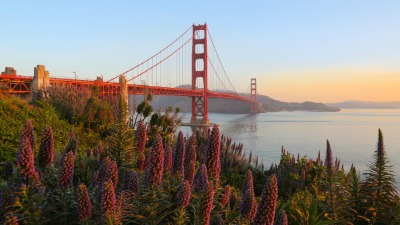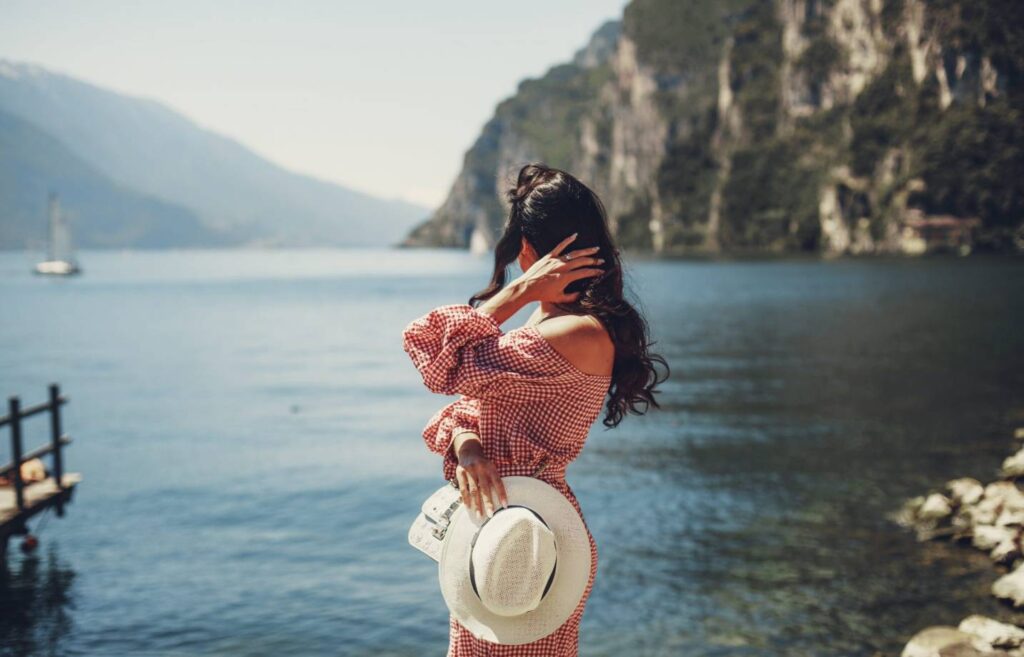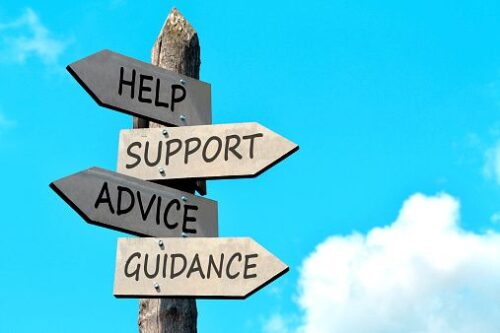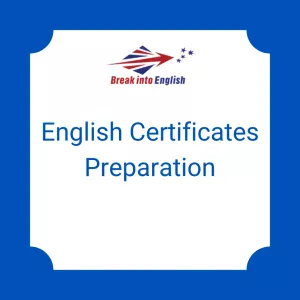Travelling is a great way to boost your language skills, and especially your English! So before you go abroad, brush up on the essential English travel vocabulary and expressions. It will prove very helpful and allow you to make the most of your stay.
The preparation of your trip
Planning a holiday can be a lot of fun but it can also be quite daunting. First, you need to choose what kind of holiday you are looking for. Are you looking for a scenic holiday with beautiful landscapes like beaches, mountains, vineyards or similar? Or an active holiday with mountain biking, skiing, hiking, sailing, or kayaking? Or perhaps a historical holiday to a country with temples, ruins, old cities or ancient civilizations? You may even consider taking a foodie tour where the main purpose of your holiday is to try the local cuisine.

The choice of destination is also an important one. London can be very touristy in summer but is also very cosmopolitan, Hong Kong and Bangkok are very crowded, Switzerland is very picturesque and Prague is very historic. Los Angeles has a busy nightlife and a great vibe with lots of bars and restaurants open late into the evening.
Consider your budget and how much you are willing or able to spend on your holiday. Do you have to keep your trip local or can you travel internationally? Travelling locally can give you a great opportunity to discover your own country. You could travel off the beaten track to remote places you have never been to before and that don’t get visited often by other people, or you could also visit the places your own country might be famous for.
When travelling internationally, you will need to consider whether your passport is valid and when it expires. You may also need a visa when visiting specific countries. Often, a travel agent will be able to assist with the preparation of your trip as they will be able to book all of your accommodation, transport and tours on your behalf.
It is often better to travel light and not bring too many clothes or suitcases. Be mindful of the luggage allowance given on your flight or train.
The Journey
The journey can be just as exciting as the destination depending on your mode of transport. If you are travelling by aeroplane, make sure to get to the airport in time to catch your flight. Sometimes you will have a connecting flight when you fly through a major hub and have to change planes. You may also have a layover between flights. Often, if you book your seat in economy class (or “coach” if you are American), you will have the option to upgrade to business class. A few long-haul flights (usually longer than 6 hours) also offer an elite first-class option. Most business class and first class sections now have lie-flat beds where your aeroplane seat converts into a bed that allows you to sleep horizontally en route to your destination. These are especially great when catching a red-eye, which is a flight that leaves very late at night.
If you decide to travel by train or car, you will need to consider border posts and passport control between the different countries you choose to visit. Will you overnight onboard the train or will you make regular stops by car to check-in at a hotel, motel, lodge or inn? If you have a lot of stops or are visiting a lot of different places during your holiday, you may be living out of a suitcase which means you won’t have time to fully unpack at each destination.
Don’t forget to consider the infrastructure of your destination as well as their available transport system. Does the city have an underground or metro? This option allows you to travel across the city without breaking the bank and is often easy to use. Does the city have other safe and decent public transport options such as buses and taxis?
Make sure to learn a few phrases in the local language if travelling to a foreign country that uses a different language to your own. The basics like “hello”, “goodbye”, “please” and “thank you” will go a long way with the locals. These days, most people around the world speak English so you should be able to find someone who can help you.
Interested in improving your English?
Sign up for a 30-minute trial lesson
Interested in improving your English?
Sign up for a 30-minute trial lesson
Sightseeing
Make a list of the popular sights you would like to see. When in Paris, you may wish to see the Eiffel Tower, Arc de Triomphe or the Louvre Museum. If you are in Cape Town, you may wish to see Table Mountain, the V&A Waterfront or take a trip out to the Winelands. These are considered “popular sights” as they are things or areas tourists like to visit. Perhaps a famous tourist attraction such as the Pyramids of Giza or the Golden Gate Bridge may influence your choice of destination.
Be careful of tourist traps which are places such as shops or markets that sell expensive or overpriced souvenirs or services to tourists. In some places, you may be able to barter and get the seller to reduce the price of the item, as these shops are sometimes unavoidable when you want a traditional trinket from the place you are visiting.

Some activities such as Hot Air Balloon Safaris or White Shark Cage Diving may involve you having to get up at the crack of dawn or before the sun rises, so make sure to get a good night’s sleep beforehand.
Some people enjoy window shopping which involves looking at items through the shop window and not actually buying them. This is a fun activity when you are travelling on a shoestring budget without much money to spend.
Be sure to try the local cuisine and avoid fast food if you can. Certain foods make places famous like a Thai Green Curry in Thailand for example, Sushi in Japan, Cheese Fondue in Switzerland or a Melktert in South Africa.
So before you hit the road, be sure to pack the essentials such as your passport, phone and charger. Take pictures (photographs) and make memories. Travel broadens the mind and opens us up to a world of new cultures and traditions, different architecture, technology, food and landscapes.
“Travel is the only thing we spend money on that makes us richer.” – Unknown

This article was written by Break Into English’s online teacher and blog contributor Kerrie Fordyce.








